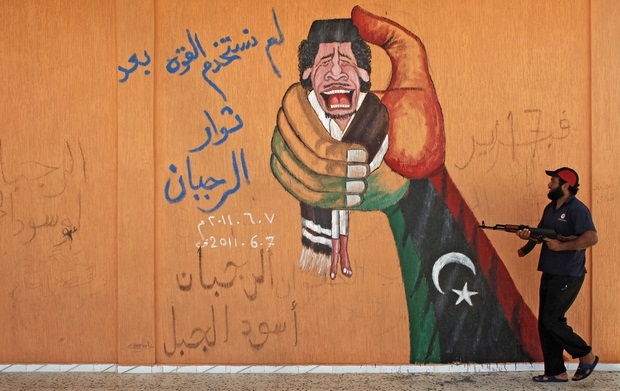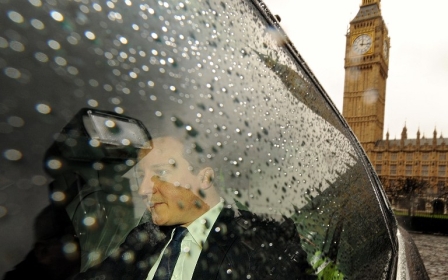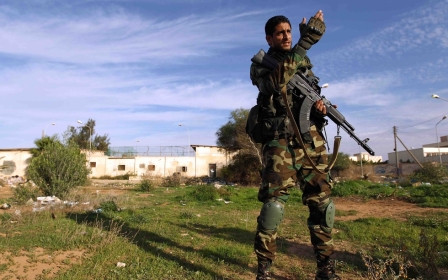WATCH: Libya intervention - regime change or preventing genocide?

Speaking in Benghazi's Tahrir Square, the focal point of the uprising against Libyan dictator Muammar Gaddafi, an emboldened David Cameron in 2011 said the city had been an "inspiration" to the world, a month after the long-time leader was ousted.
But a damning parliamentary report released on Wednesday slammed Cameron for prosecuting an “opportunistic policy of regime change” during Western intervention in the Libyan uprising of 2011, which fuelled chaos and ultimately led to the spread of the Islamic State (IS) group in North Africa.
The Foreign Affairs Select Committee report said that the former British prime minister was “ultimately responsible for the failure to develop a coherent Libya strategy” in an intervention that was, despite assurances to the contrary, specifically designed to topple Gaddafi.
Cameron, who on Monday announced he has decided to quit national politics, has defended his actions in Libya, telling the BBC last year that intervening was “the right thing to do... we stopped a genocide".
New MEE newsletter: Jerusalem Dispatch
Sign up to get the latest insights and analysis on Israel-Palestine, alongside Turkey Unpacked and other MEE newsletters
Middle East Eye delivers independent and unrivalled coverage and analysis of the Middle East, North Africa and beyond. To learn more about republishing this content and the associated fees, please fill out this form. More about MEE can be found here.




